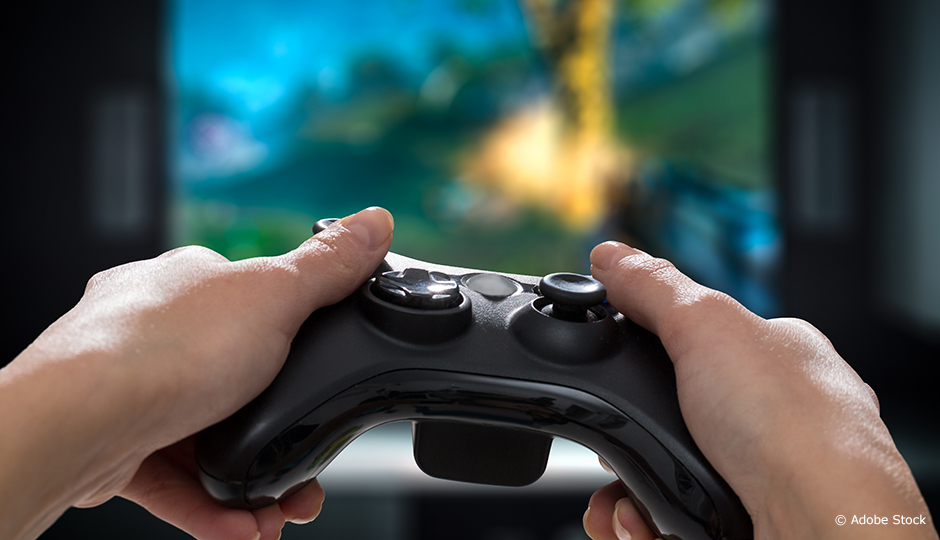Are video games beneficial or harmful to the brain? That is the eternal question that researchers are trying to answer. According to Gregory West, a professor in the Department of Psychology at Université de Montréal, certain video games can improve visual attention and short-term memory, while others compromise spatial memory. More specifically, the psychologist has shown that first-person shooter games such as Call of Duty weaken the hippocampus, the part of the brain that, among other things, helps us to orient ourselves in space. Conversely, 3D games such as Mario Bros stimulate this structure of the brain, probably by encouraging the player to use a variety of landmarks to navigate through a virtual world.
The psychologist has shown that first-person shooter games such as Call of Duty weaken the hippocampus.
In collaboration with Véronique Bohbot, a psychiatry professor at McGill University, Gregory West used magnetic resonance imagery (MRI) to scan the brains of 51 men and 46 women. In a first study, the researchers compared video game players with non-players. More recently, they analyzed the participants before and after playing Call of Duty or Super Mario Bros for nine hours a week over 10 weeks. The images obtained speak for themselves: 85% of action game players relied on their caudate nucleus—a group of nerve cells that records our habits and acts as a kind of “autopilot” to help us do things like getting home from work—to navigate through the game. These players also showed grey matter loss in their hippocampus. According to Gregory West, certain features in the design of action games encourage players to use “autopilot” mode (the caudate nucleus) rather than spatial memory (the hippocampus). Over time, the hippocampus is less solicited, causing it to weaken and atrophy.
The problem is, a loss of grey matter is associated with an increased risk of mental illnesses such as depression, schizophrenia and Alzheimer’s disease. Obviously, the consequences depend on the number of hours spent playing, and that is precisely what the researcher will seek to determine in a follow-up study. He also wants to sit down with action game developers to find ways of stimulating, rather than reducing, grey matter through gaming.




